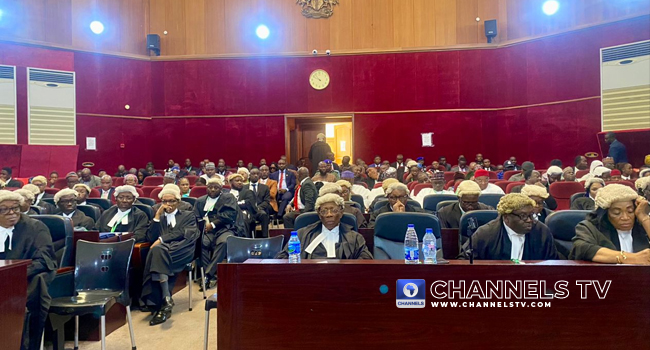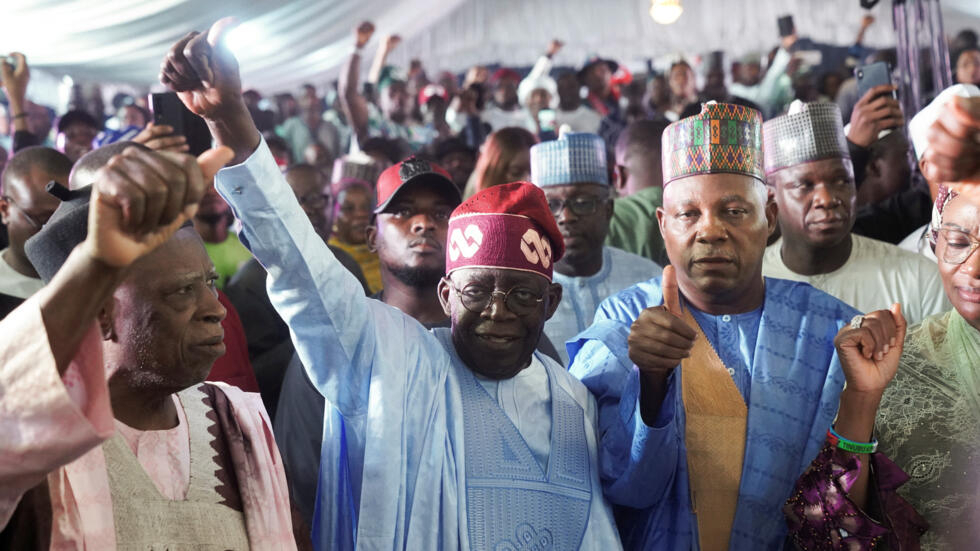
CURRENT REPORT BLOG in a significant turn of events that has captured the nation’s attention, Nigeria’s Election Court has upheld the victory of presidential candidate Tinubu. This ruling has far-reaching implications for the country’s political landscape and the interpretation of constitutional provisions regarding presidential elections. In this blog post, we’ll dive into the details of the court’s decision and the responses it has garnered from various stakeholders
A Presidential Candidate’s Victory Without 25% of FCT Votes
One of the most notable aspects of the court’s decision was its interpretation of the constitution regarding the minimum vote threshold for presidential candidates. The court asserted that a presidential candidate can be elected without securing 25% of the votes in the Federal Capital Territory (FCT). This interpretation challenges conventional wisdom and sets a precedent for future elections.
Rebuking the Labour Party’s Legal Argument
The court did not mince words when addressing the arguments put forth by the Labour Party’s legal team. It described their interpretation of the constitution as “fallacious if not outrightly ludicrous.” This stern rebuke underscores the importance of sound legal reasoning in the electoral process and reinforces the credibility of the court’s decision.

Tinubu’s Acknowledgment of the Ruling
In response to the court’s ruling, Tinubu displayed statesmanship by accepting the decision and focusing on the larger goal of building a unified and prosperous nation. This gesture of unity and maturity in the face of legal challenges is commendable and sets a positive precedent for political leaders across the country.
Recognition of the Tribunal’s Thoroughness
Tinubu also extended recognition to the Electoral Tribunal and its members, highlighting their thoroughness and professionalism. Justice Haruna Tsammani’s leadership in the tribunal received particular mention. This acknowledgment demonstrates a commitment to respecting the rule of law and the role of the judiciary in upholding democratic principles.
Advancement of Democracy in Nigeria
Tinubu’s statement underscored the significance of the ongoing tribunal in the context of Nigeria’s democracy. At a time when democracy is being tested in various parts of the African continent, Nigeria’s commitment to a transparent and lawful electoral process is a testament to the strength of its democratic institutions.

A Call for Unity and Patriotism
In his statement, Tinubu called on all political candidates and parties to prioritize patriotism over partisan considerations. He urged challengers to inspire their supporters to rally behind the government, emphasizing the importance of improving the livelihood of all Nigerians. This call for unity resonates with the broader goal of nation-building.
Promise to Meet and Surpass Expectations
In closing, Tinubu expressed gratitude to the Nigerian people for entrusting him with leadership and pledged to meet and surpass their expectations. This commitment to service and the well-being of the nation reinforces the idea that leadership is a collective endeavor aimed at the betterment of the entire country.












